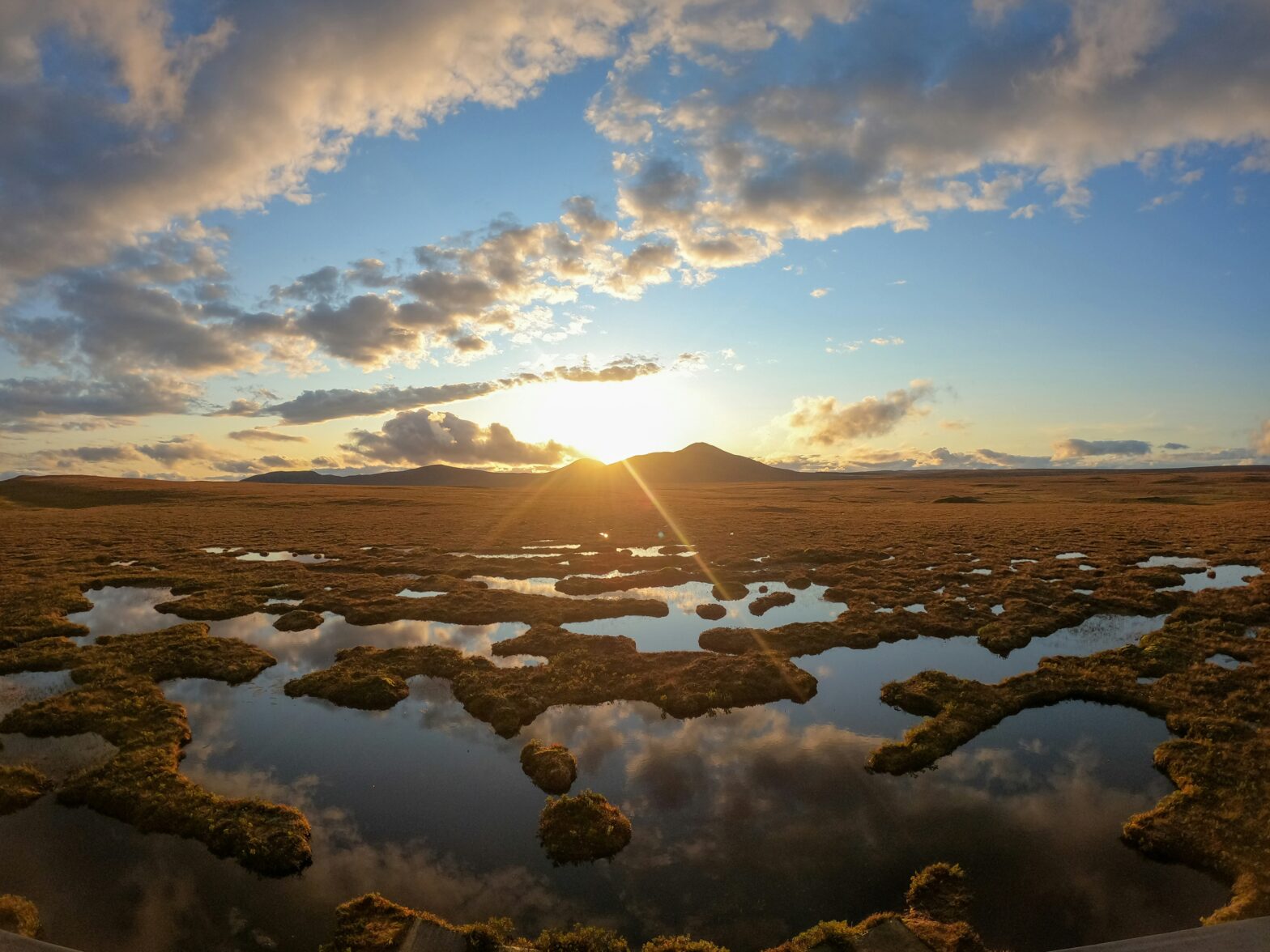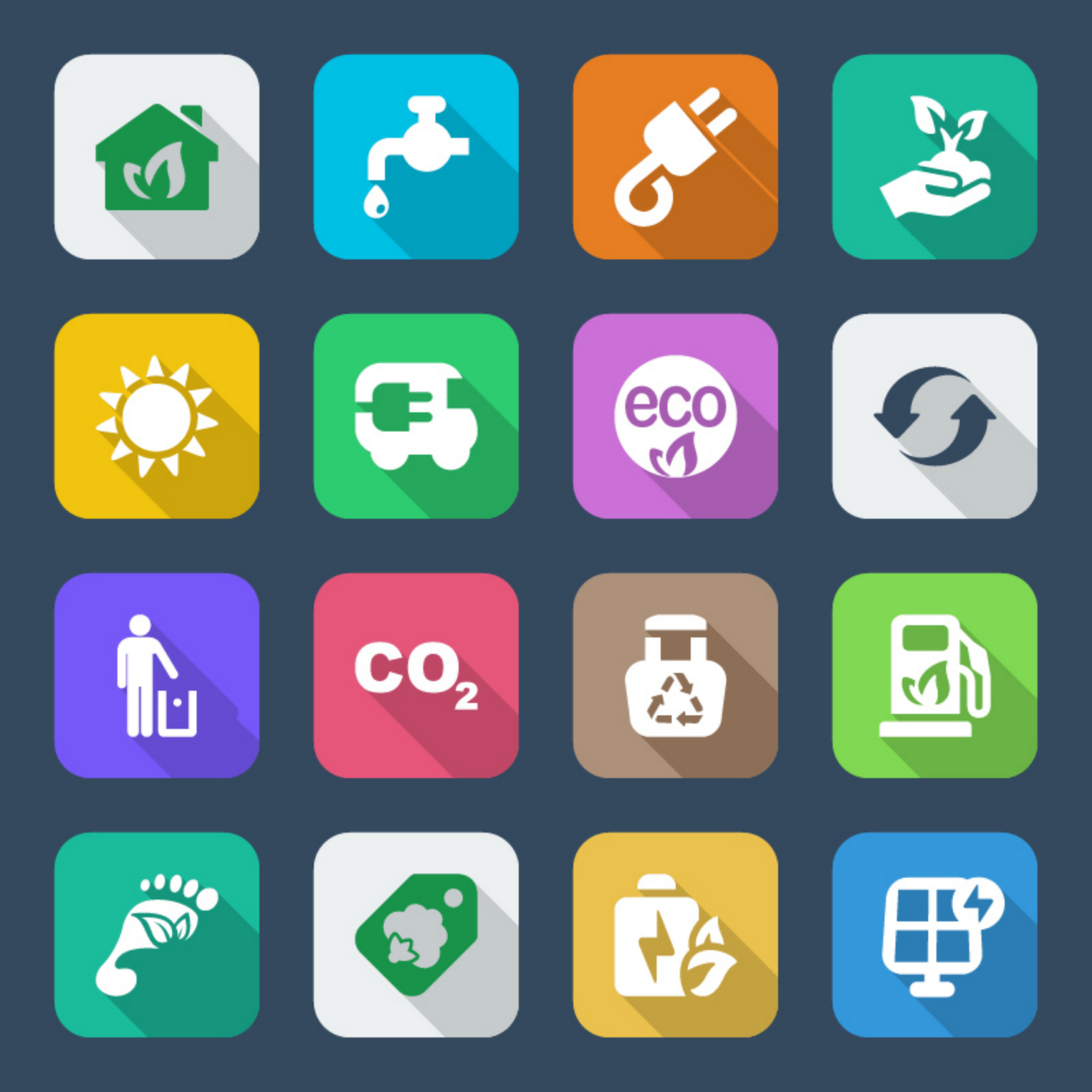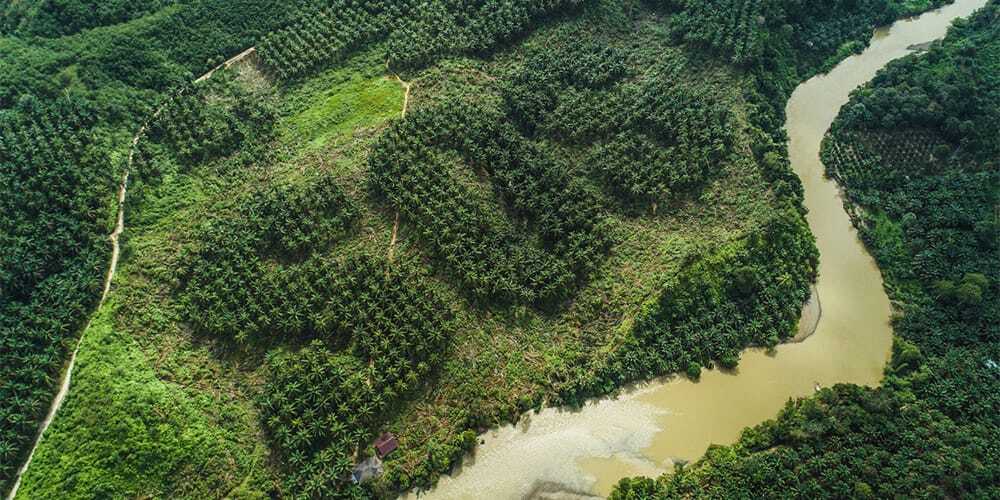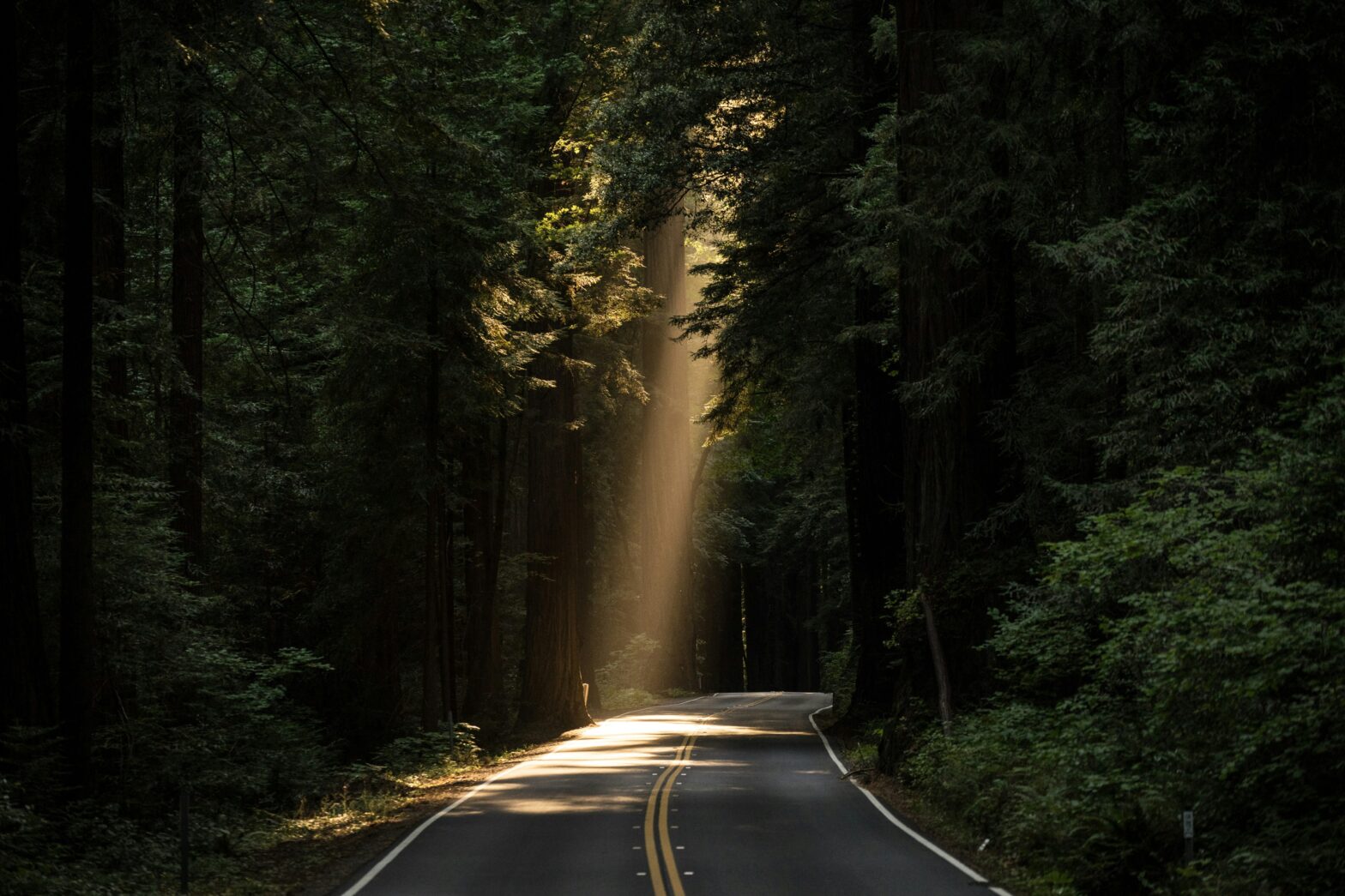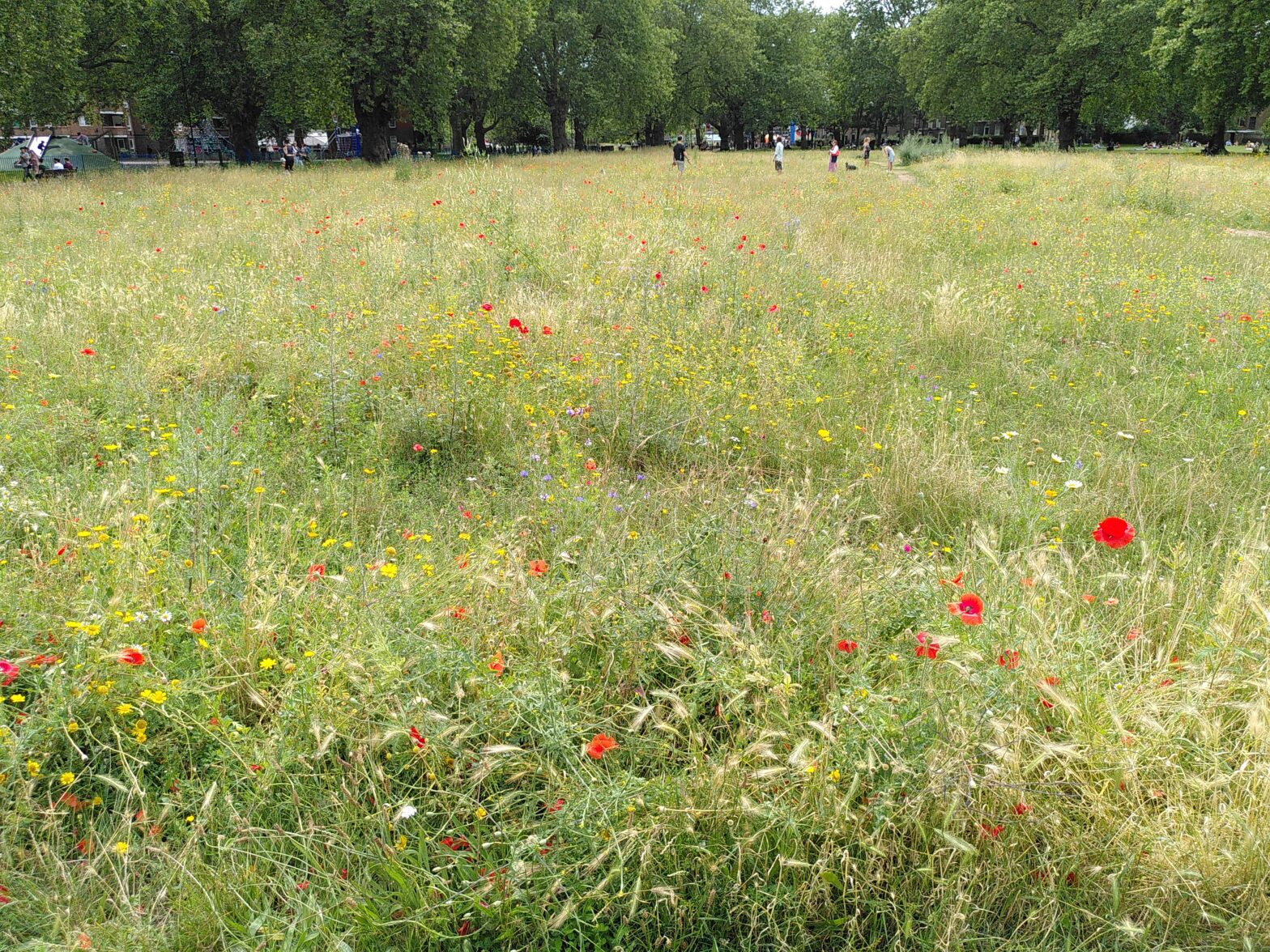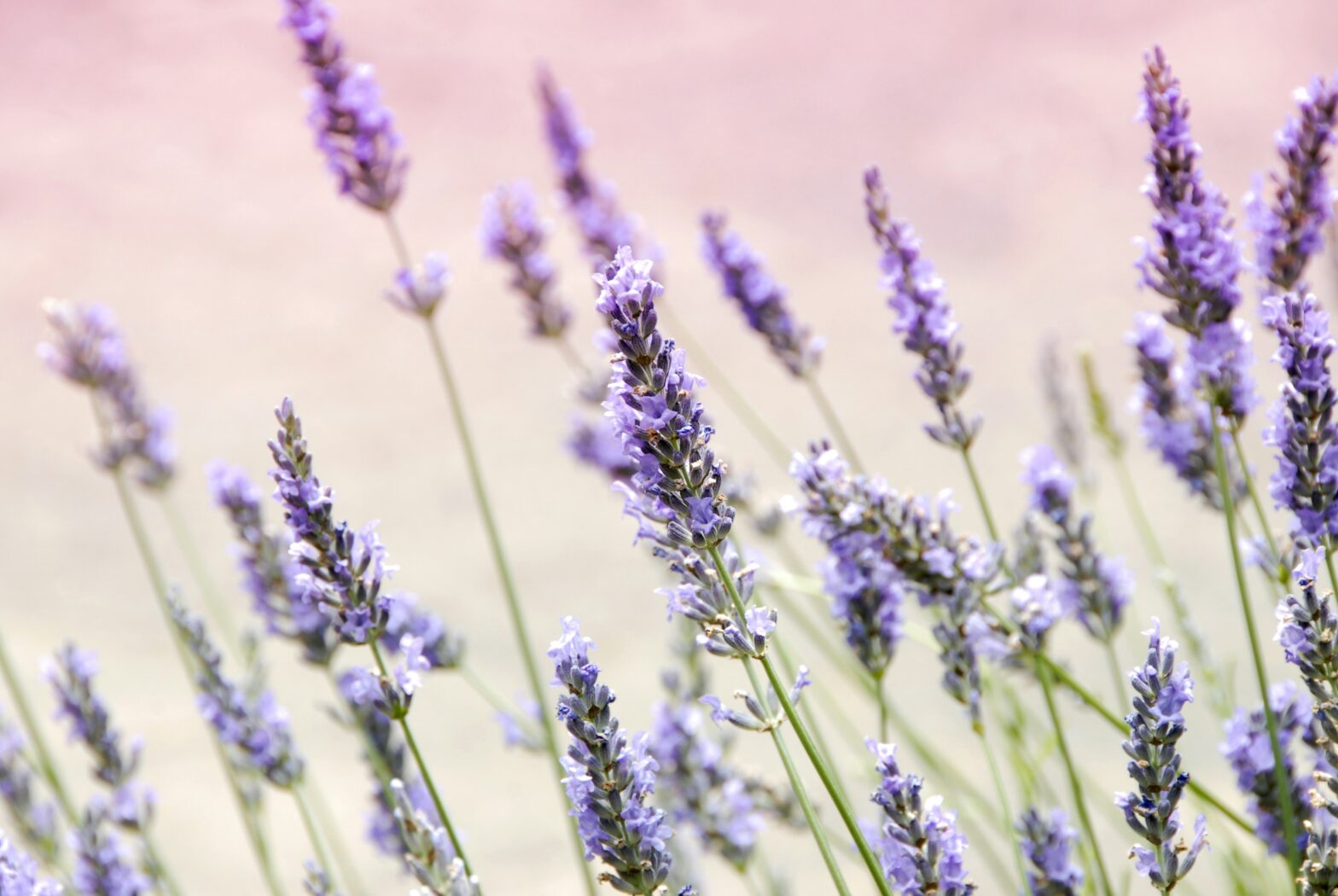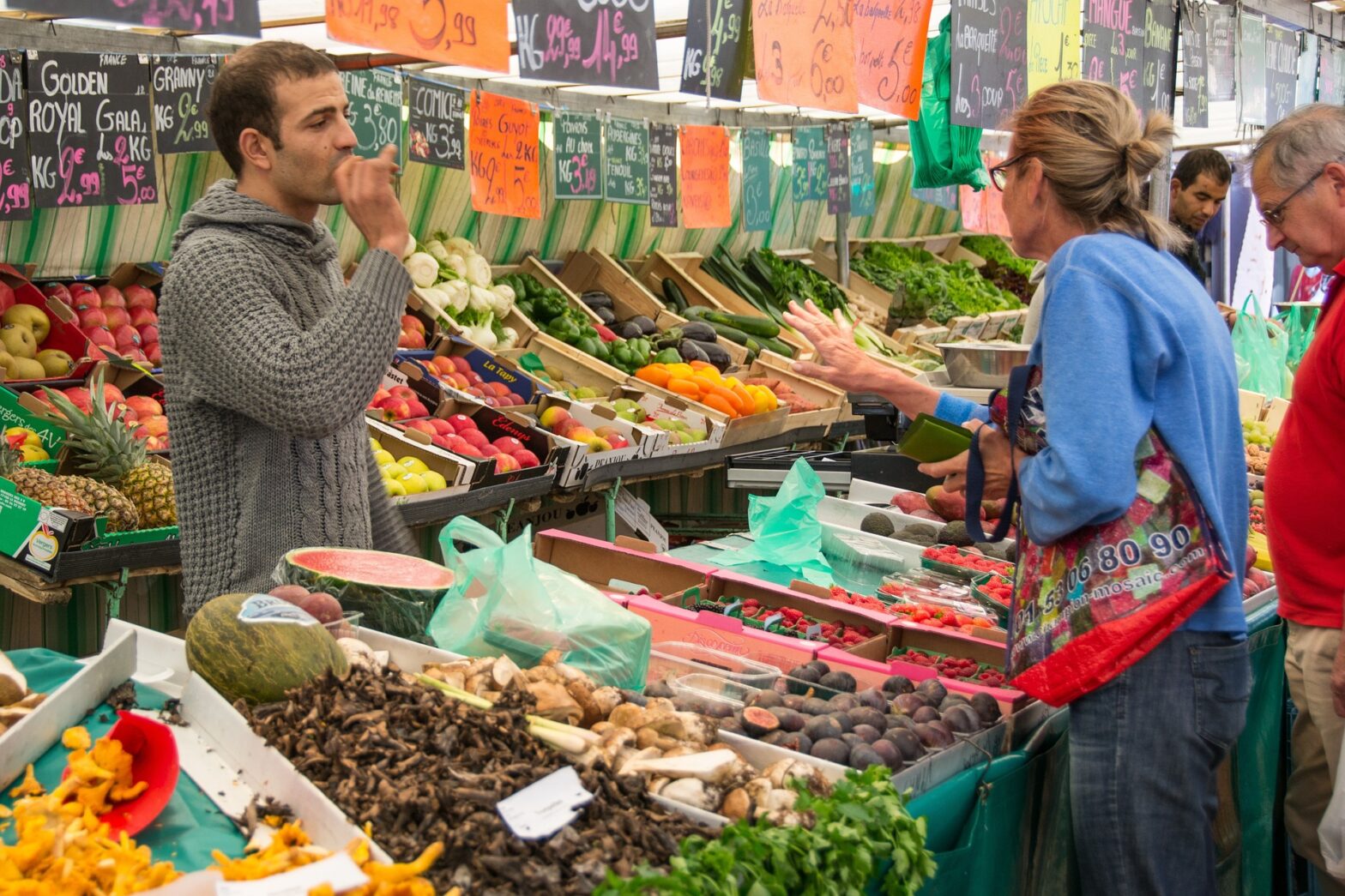Mushrooms, for peat’s sake? It seems Britain and Ireland’s mushroom growers use nothing but peat from our extensive CO2-storing peat bogs, adding to the continued decimation and massive CO2 emissions…
Tag: ecotips
World Refugee Day Raises Justice Concerns
On World Refugee Day, June 20th, the United Nations asks us to celebrate the right to seek safety, which refugees seek to exercise. Whether we welcome refugees in empathy or…
Library of Things
Borrowing makes sense: save the investment in money and the CO2 emissions simultaneously at a London Library of Things. Our local LoTs: There was a LoT in Islington on Seven…
Keeping your Home Cool in Heatwaves
Following up on a previous post, there are quite a few things you can do to keep your home cool during a heatwave. Of course if you have fans or…
Exciting Ecological Economics
The dismal science no more! With an election coming up here in the UK, we should bear in mind how many voices are saying that mainstream economic theory is horrendously…
Palm Oil
Analysis paralysis in the palm oil industry. Palm oil is grown in the Tropics on land cleared from the rainforests. It is contained in 50% of all products consumed in…
Some of the Better Headlines
Negative news headlines have dominated over the last few weeks and the usual doses of “stubborn optimism” and “reasons to be cheerful” didn’t exactly hit the spot last week, so…
Lawns, grass and nature
Everyone loves a nice lawn but in the 21st Century, lots of us are seriously worried about the carnage beyond our gardens and what we can do to help nature…
Pot Plants for Insects
Honeybees, mining bees, bumblebees, hoverflies, butterflies and moths all need our help. Grow these pollen and nectar-rich herbs: Try these flowering pot plants: but forget about verbena, pelargoniums and fuchsias…
Organic and Cheap?
Organic food is produced without agrochemicals but generally costs more. Perversely, some marketing for organic food leads us to believe it’s only for the wealthy, presumably because the marketing is…

